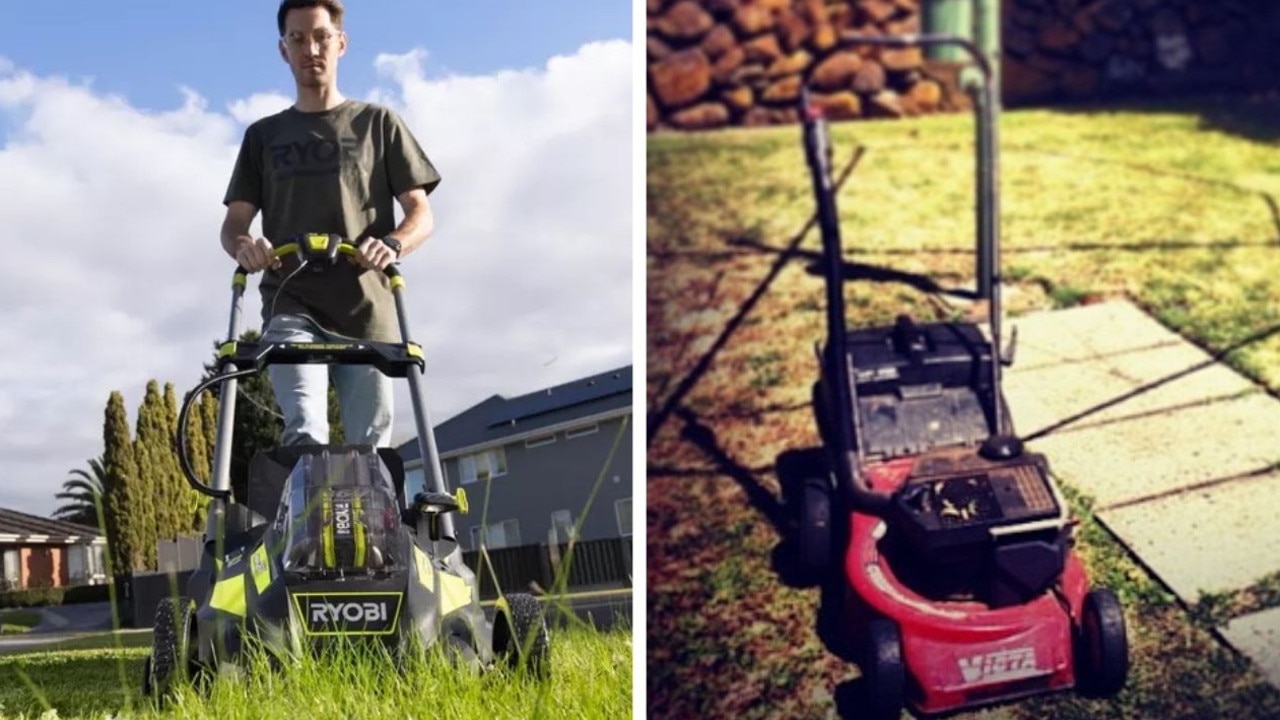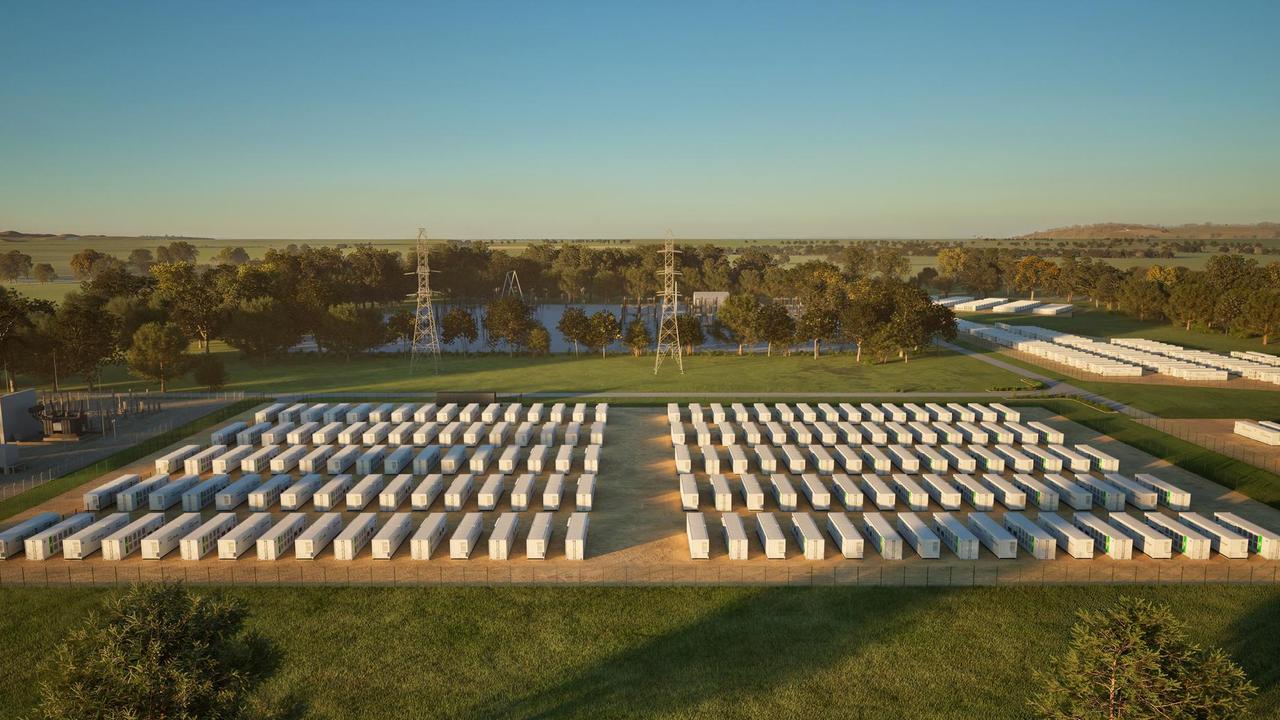Air New Zealand CEO Greg Foran sees tourism as the key to boosting Kiwi economy
New Zealand has felt the pressure of rising global inflation more than most countries in the past year, but boosting tourism numbers could be one way to speed up a recovery.
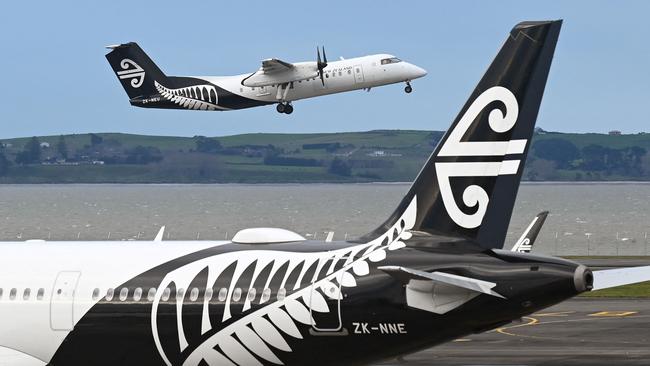
Business
Don't miss out on the headlines from Business. Followed categories will be added to My News.
One of New Zealand’s business leaders, Air New Zealand boss Greg Foran, believes encouraging tourism back into the country will be the best way to help its economy recover, and lowering visa charges will attract visitors.
“If there was one thing for us to do a better job of sooner, it would be tourism, and it’s not just because I’m Air New Zealand, I think it is the right thing for ‘NZ Inc’, ” he told The Australian.
“Tourists are good. They come in, they spend money, they generally don’t get sick, they don’t break the law and then they go home.”
Before Covid-19, tourism was New Zealand’s largest export industry and delivered $NZ40.9bn to the country, but it has since dropped to second place with $NZ37.7bn of tourist spending for the year to March.
Mr Foran flagged that various cost increases didn’t help.
In 2022, the New Zealand government increased immigration fees and levies for most visa applications by 43 per cent to around $NZ81, while the Civil Aviation Authority is proposing to increase aviation safety and security levies, fees, and charges, although reports suggest this is under review by government.
It is also planning an increase to the international visitor levy and border fees.
“The problem is, individually all those things make sense but collectively, you are making yourselves less competitive,” Mr Foran said.
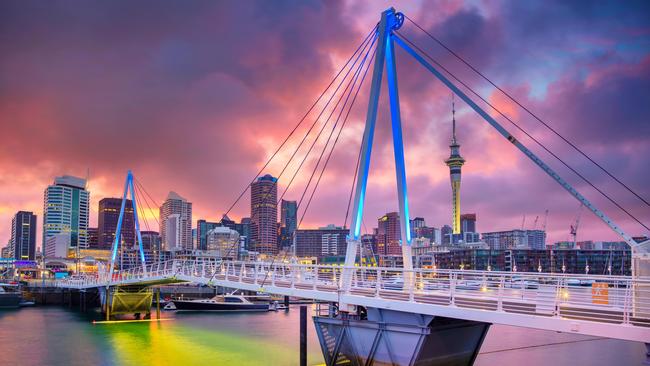
His comments come after the national airline’s results last week showed evidence of the country’s soft economic conditions, with Air New Zealand’s net profit falling to $NZ146m from $NZ412m after a bumper 2023 on the back of the Covid-19 recovery.
Much of that was attributed to at least nine of its best aircraft being out of action due to maintenance issues and more competition with Qantas flying to New York, as capacity from the US to Australia increases by 52 per cent.
Economic headwinds, leading to softening domestic demand, were also having an impact.
Known as the Shaky Isles for its susceptibility to volcanoes and earthquakes, New Zealand, with a population the size of Queensland, has felt the tremble of rising global inflation more than most countries in the past year, leading Australia’s closest neighbour into a recession.
Rising unemployment at 4.3 per cent in the March quarter – the highest since 2021 – has fractured the economy, as has retail sales falling for eight consecutive quarters, while new home consents are down 22 per cent in the past year. House prices are down 1.9 per cent in the past quarter but up just over 2 per cent in the past year as rising migration adds pressure on the housing stock in the country of about five million.
Commercial construction activity has also slumped, with reports in August of China Construction suspending work on a 56-level tower in downtown Auckland as the Asian superpower retreats to its domestic market with its own economic outlook weak.
New Zealand’s inflation is cooling and the Reserve Bank cut rates in August, but business leaders believe a meaningful recovery is about a year away.
“The economy is tighter – we see that. Government spend on travellers is down 28 per cent. Corporate spend is down 10 per cent,” Mr Foran said.
“We have a domestic business that is not rocking and rolling to the extent that it is in Australia.”
While the aftershocks of the Covid-19 pandemic have been blamed for rising inflation, policies introduced under the former Arden-led Labour government are now being reversed to drive down power costs, which have increased 5 per cent in the past year, and stimulate growth.
The Chris Luxon-led government announced this year moves to overturn an oil and gas exploration ban outside onshore Taranaki, introduced in 2018 by Labour.
The hope is to boost the activity of the petroleum and minerals sectors, which contributed $NZ1.9bn to gross domestic product in 2020 to 2021 and $NZ236m in 2022 to 2023.
The ruling has seen groups like Beach Energy signal a desire to exit the New Zealand market to reinvest in Australia and label its New Zealand unit as non-core, due to policy uncertainty.
As New Zealand government and rate charges rocket, asset sales by councils of ports and airport stakes are also on the agenda, with stakes in Wellington Airport and Tauranga Port the latest up for discussion.
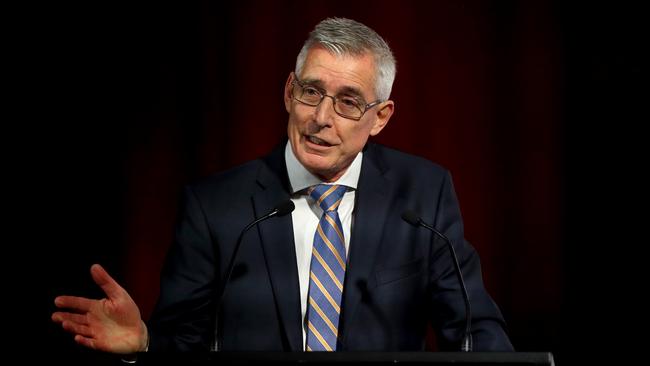
The New Zealand government is also considering the sale of a stake in the state-owned Kiwibank to fund its capital requirements for growth.
However, the understanding is that a selldown of the government’s 51 per cent stake in Air New Zealand – seen as a strategically important asset – is unlikely to be on its agenda.
Potentially offering assistance to boosting the country’s tourism numbers is Air New Zealand’s recent one-way code share deal with Virgin Australia, where Virgin customers will fly domestically on Air New Zealand services, in a deal that excludes Queenstown, the only trans-Tasman route operated by the Bain Capital-owned carrier.
While Qantas last year considered buying a stake in Ticketek owner TEG Group to add fuel to its Frequent Flyer loyalty scheme, acquisitions related to Air New Zealand’s Airports loyalty scheme were not on its to-do list.
One of the airline’s major projects has been moving its systems on to the cloud and to re-platform its Air New Zealand Airpoints loyalty program, consisting of about 4.6 million members.
Meanwhile, Mr Foran, who is a former top Walmart executive, gained public attention in July when Air New Zealand became the first major airline to dump its 2030 carbon emission reduction target.
The airline conceded that slashing carbon intensity by 28.9 per cent from 2019 levels through the use of sustainable aviation fuel, lower emissions aircraft and other changes were unachievable by the ambitious deadline.
He said things changed when its larger 787 planes were not available for use, meaning it was burning more fuel with 777s and it became harder to hit the target.
“It doesn’t mean you are lessening your intention, you are just being responsible to shareholders … it is not about us backing away,” he said.
“My bet is others will start following suit.”
More Coverage
Originally published as Air New Zealand CEO Greg Foran sees tourism as the key to boosting Kiwi economy




